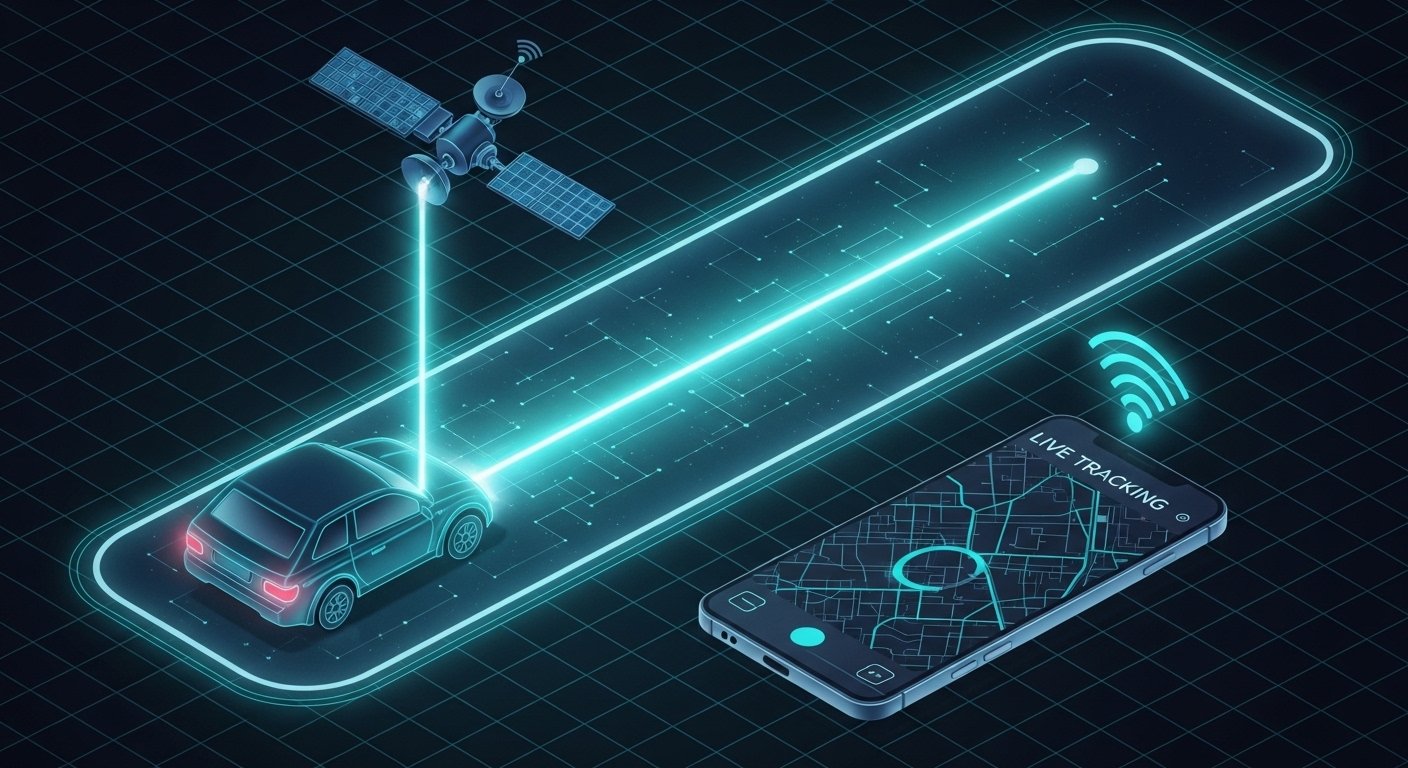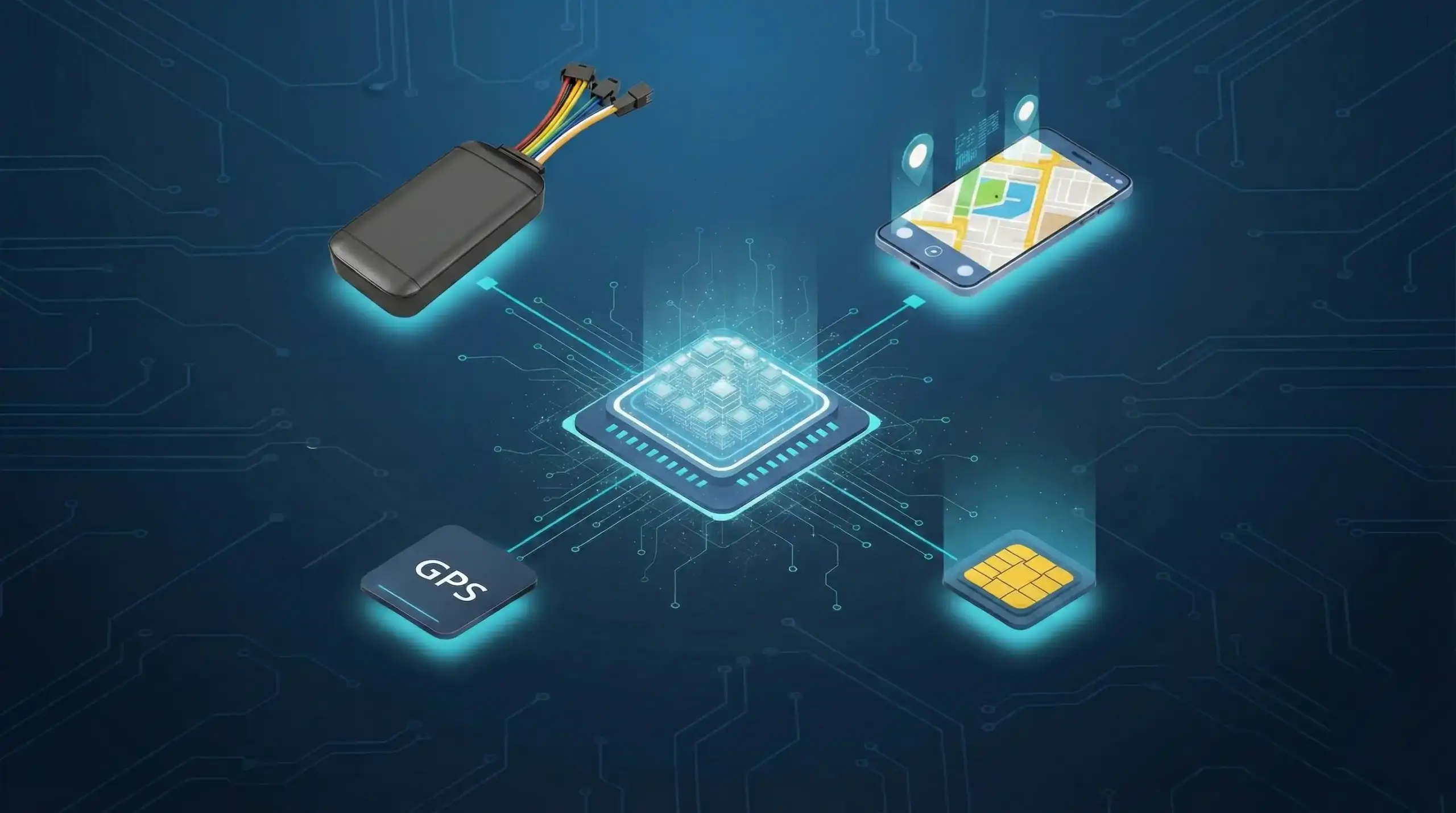Intro to LBS and WiFi Placing
الحلول القائمة على الموقع (رطل) and WiFi placing are critical technologies that have transformed the monitoring experience. LBS encompasses a variety of solutions that utilize the geographical place of a gadget to provide information, ترفيه, أو الأمن. One of the most common technique of accomplishing this is through the Global Placing System (نظام تحديد المواقع), which uses a network of satellites to identify a device’s place with high precision. Another method is cell loom triangulation, which calculates the device’s position based upon its distance to nearby cell towers. Lots of users look for a dependable gps company for these advanced solutions.
WiFi placing, من ناحية أخرى, leverages current WiFi networks to determine a device’s place. This technique is especially useful in interior atmospheres where GPS indicates may be weak or not available. By measuring the indicate stamina and evaluating the unique identifiers of bordering WiFi access factors, WiFi placing can provide a dependable estimate of a device’s place.
These technologies are essential to modern monitoring systems, مثل جهاز تعقب Protrack GPS, which uses both GPS and WiFi placing to offer accurate and real-time place information. This double approach ensures that users can track possessions, المركبات, or people with high accuracy, no matter of whether they are inside your home or outdoors. The Protrack tracker company prides itself on this extensive approach.
The applications of LBS and WiFi placing are vast and varied. In the retail industry, companies use these technologies to improve client experiences through personalized promos and navigating assistance within stores. في الخدمات اللوجستية, they enable efficient path planning and possession management. علاوة على ذلك, in individual safety, devices like Protrack GPS trackers provide assurance by enabling real-time monitoring of loved ones. Their abilities are often accessed through gps monitoring online systems.
As the reliance on mobile devices and connection proceeds to expand, the importance of LBS and WiFi placing in daily life becomes progressively apparent. These technologies not just improve the monitoring experience but also open new opportunities throughout various markets, production them essential devices in the modern world.
Benefits of LBS and WiFi Placing in Monitoring
دمج الحلول القائمة على الموقع (رطل) and WiFi placing into monitoring systems offers several considerable benefits, addressing some of the restrictions fundamental in traditional GPS technology. Among the primary benefits is improved precision, particularly in metropolitan and interior atmospheres where GPS indicates may be weak or obstructed. LBS and WiFi placing provide more granular place information, which can improve the efficiency of devices like the Protrack GPS tracker, ensuring precise monitoring also in complex setups. This accuracy is a trademark of a prominent gps company.
Another key benefit is real-time updates. LBS and WiFi placing permit for immediate place information, which is crucial for markets that depend on prompt information to create informed choices. This capability is especially beneficial for possession management, where knowing the exact place of possessions at any provided minute can lead to more efficient procedures. للظروف, logistics companies can take advantage of these technologies to optimize delivery routes and decrease hold-ups, thereby improving overall solution effectiveness, often using gps monitoring online dashboards.
Improved coverage is one more noteworthy benefit. While GPS indicates can be undependable in thick metropolitan locations or inside structures, LBS and WiFi placing fill out these gaps, providing extensive coverage. This is particularly useful in retail atmospheres, where monitoring client movements can lead to better client experiences. Sellers can use this information to understand shopping patterns, manage stock better, and offer personalized promos to improve client satisfaction. The Protrack tracker company prioritizes durable coverage for all its customers.
In the world of work environment safety, LBS and WiFi placing can be instrumental. على سبيل المثال, in large commercial setups or building websites, monitoring the precise place of employees can improve precaution and emergency situation responses. Companies can monitor the movement of workers in real-time, ensuring that safety procedures are complied with and providing immediate assistance in situation of emergency situations.
Various markets have effectively executed LBS and WiFi placing to improve their monitoring abilities. The health care industry uses these technologies to track clinical equipment and client movements, ensuring better client treatment and source management. بصورة مماثلة, the friendliness industry utilizes these systems to offer personalized solutions to visitors, improving overall visitor experiences, all accessible via gps monitoring online.
إجمالي, the integration of LBS and WiFi placing into monitoring systems such as the Protrack GPS tracker can lead to more efficient procedures, تحسين السلامة, and improved client satisfaction throughout various markets.
Challenges and Restrictions
The integration of LBS and WiFi placing into monitoring systems such as Protrack GPS Tracker can significantly improve the user experience. لكن, it’s not without its challenges and restrictions. Among the primary concerns is personal privacy. The use Location-Based Solutions (رطل) and WiFi placing requires the continuous collection of place information, which can be delicate. Users and regulative bodies often articulate concerns about how this information is kept, الوصول إليها, وتستخدم. Ensuring information security and preserving openness about information use are crucial to addressing these personal privacy problems, an obligation taken seriously by any reliable gps company.
بالإضافة إلى ذلك, the effectiveness of WiFi placing is highly based on the thickness of WiFi access factors. In metropolitan locations with a thick network of access factors, the precision of WiFi placing can be quite high. لكن, in country or much less largely populated locations, the lack of access factors can lead to considerable inaccuracies. This provides a difficulty for the extensive application of such monitoring technologies, as they may not perform efficiently in all atmospheres. The Protrack tracker company continuously works to optimize efficiency throughout varied surfaces, often depending on crossbreed solutions noticeable through gps monitoring online.
Disturbance is one more technological challenge that can impact the precision of LBS and WiFi placing. Physical blockages such as structures, الأشجار, and also weather can disrupt indicate stamina, prominent to inaccuracies in place information. علاوة على ذلك, the expansion of digital devices and networks can cause indicate blockage, further complicating the monitoring process.
Technical and infrastructural requirements also position considerable obstacles. Establishing a durable system qualified of leveraging LBS and WiFi placing requires considerable financial investment in equipment, برمجة, and network facilities. Companies must ensure that their systems can handling the information load and processing requirements, which can be an expensive and complex endeavor.
أخيراً, regulative and ethical factors to consider can’t be overlooked. The use monitoring technologies must adhere to local and worldwide regulations regarding information protection and personal privacy. بالإضافة إلى, ethical factors to consider about permission and the potential for abuse of monitoring information must be carefully managed to maintain user trust and adhere to lawful requirements.
Future Trends and Developments
The landscape of Location-Based Solutions (رطل) and WiFi placing is positioned for amazing development, owned by technical developments and innovative applications. Among one of the most considerable trends is the integration of Expert system (منظمة العفو الدولية) and artificial intelligence into these systems. من خلال الاستفادة من الذكاء الاصطناعي, أجهزة تعقب LBS وWiFi, مثل جهاز تعقب Protrack GPS, can accomplish unmatched precision and anticipating abilities. AI formulas can analyze vast quantities of place information in real-time, determining patterns and production forecasts that improve not just the precision but also the dependability of monitoring solutions. This dedication to development is what specifies a prominent gps company.
Another promising development is the development of crossbreed placing systems. These systems integrate several technologies—such as GPS, واي فاي, بلوتوث, and mobile networks—to provide a more extensive and accurate monitoring service. للظروف, a crossbreed system might use GPS for outside atmospheres and switch to WiFi or Bluetooth when the indicate is obstructed inside your home. This smooth integration ensures that devices like the Protrack GPS tracker deliver consistent efficiency no matter of the environment. The Protrack tracker company goes to the forefront of developing such solutions, accessible via gps monitoring online.
The introduction of 5G technology is also readied to transform LBS and WiFi placing. مع سرعته العالية, low-latency abilities, 5سوف G تمكين في الوقت الحقيقي, high-precision monitoring, which is crucial for applications in self-governing vehicles, wise cities, والخدمات اللوجستية المتقدمة. Improved connection will support more devices at the same time, enabling more comprehensive and dependable monitoring networks.
New applications and markets stand to benefit significantly from these developments. Health care can utilize precise monitoring for client monitoring and possession management in medical facilities. في البيع بالتجزئة, improved place solutions can improve client experiences through personalized promos and efficient stock management. علاوة على ذلك, the transport industry can optimize routes and decrease blockage with real-time traffic updates.
As these technologies develop, the monitoring and place solutions industry will witness transformative changes. Improved precision, anticipating abilities, and the integration of several technologies will redefine how we track and manage possessions, الناس, والمركبات. The future of LBS and WiFi placing holds enormous potential, promising a brand-new era of development and effectiveness in place solutions accessible through gps monitoring online.









